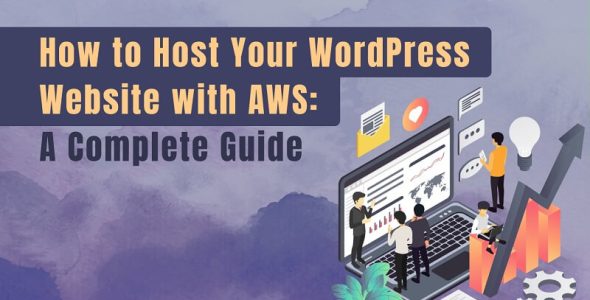The Role of Plugins and Platforms in Building Smarter WordPress Sites
WordPress has evolved far beyond its roots as a simple blogging tool. Today, it powers a significant portion of the internet, supporting everything from small personal sites to large corporate platforms. What makes WordPress so adaptable is its ecosystem of plugins and external platforms that allow users to customize and optimize their sites for performance, usability, and growth. Understanding The Role of Plugins and Platforms in Building Smarter WordPress Sites is essential for creating more efficient, scalable, and future-ready online experiences.
Extending Core Functionality with Plugins
At its foundation, WordPress provides a robust yet flexible system. However, most site owners find they need more than the core features to achieve their goals. Plugins bridge this gap by extending WordPress functionality in specific ways. Whether it’s improving security, speeding up performance, or integrating the best free contact form WordPress plugins, these tools give users the ability to tailor their site without having to code from scratch.
For example, an eCommerce business might install WooCommerce to add product listings and checkout capabilities, while a blogger may use an SEO plugin to fine-tune how their posts appear in search engines. By carefully selecting plugins, site owners can build a digital environment tailored to their exact needs.
Optimizing for Performance
A smarter WordPress site isn’t just about adding more features; it’s also about ensuring the site runs smoothly. Performance optimization plugins are crucial in this area. Tools that enable caching, compress images, or minimize code can dramatically improve site speed. Faster load times not only enhance user experience but also influence search rankings and conversion rates.
However, optimization requires balance. Installing too many overlapping plugins can have the opposite effect, slowing down the site. A key part of building smarter sites is evaluating which plugins are truly necessary and ensuring they are compatible with each other.
Leveraging Platforms Beyond WordPress
In addition to plugins, external platforms play a significant role in creating smarter sites. These platforms often provide services that integrate seamlessly with WordPress, offering advanced analytics, marketing automation, or content management enhancements.
For instance, email marketing platforms allow users to create campaigns directly connected to site activity. Analytics platforms provide deeper insights into how visitors interact with the site, enabling owners to refine their strategies. These integrations help extend WordPress beyond its standalone capabilities and transform it into the hub of a broader digital ecosystem.
Improving SEO and User Experience
Search engine visibility and user experience are closely linked in modern web design. Plugins help site owners handle on-page SEO elements such as meta tags, sitemaps, and schema markup. Meanwhile, platforms offering keyword research or traffic tracking ensure these efforts are aligned with real-world data.
This is where resources like Click Insights can be particularly valuable, providing tools and perspectives that help site owners make informed decisions. By combining on-site optimization plugins with external SEO platforms, WordPress sites can achieve better rankings and more meaningful engagement.
Enhancing Security and Reliability
Security is another cornerstone of a smarter WordPress site. While WordPress itself is secure, its popularity makes it a common target for cyberattacks. Security plugins protect against common threats like malware or brute force attacks. Additionally, backup plugins and hosting platforms with strong security protocols ensure that if something does go wrong, recovery is quick and data loss is minimized.
Reliable hosting platforms further strengthen site performance by ensuring uptime and scalability. When combined with well-maintained security plugins, they create a strong foundation for long-term site success.
The Future of Smarter WordPress Sites
As technology evolves, the role of plugins and platforms in WordPress will continue to expand. Artificial intelligence is already shaping new plugin capabilities, from chatbots that enhance customer support to content analysis tools that suggest improvements. Meanwhile, integration with cloud-based platforms will likely become even more seamless, enabling site owners to manage their digital presence with greater efficiency.
Conclusion
Plugins and platforms are at the heart of building smarter WordPress sites. They extend core functionality, improve performance, enhance SEO, strengthen security, and integrate powerful external services. By choosing tools thoughtfully and focusing on balance, site owners can create dynamic, adaptable websites that meet the demands of modern audiences. In a digital world where flexibility and intelligence are essential, WordPress thrives thanks to the innovation and diversity of its plugin and platform ecosystem.

 My Account
My Account 

